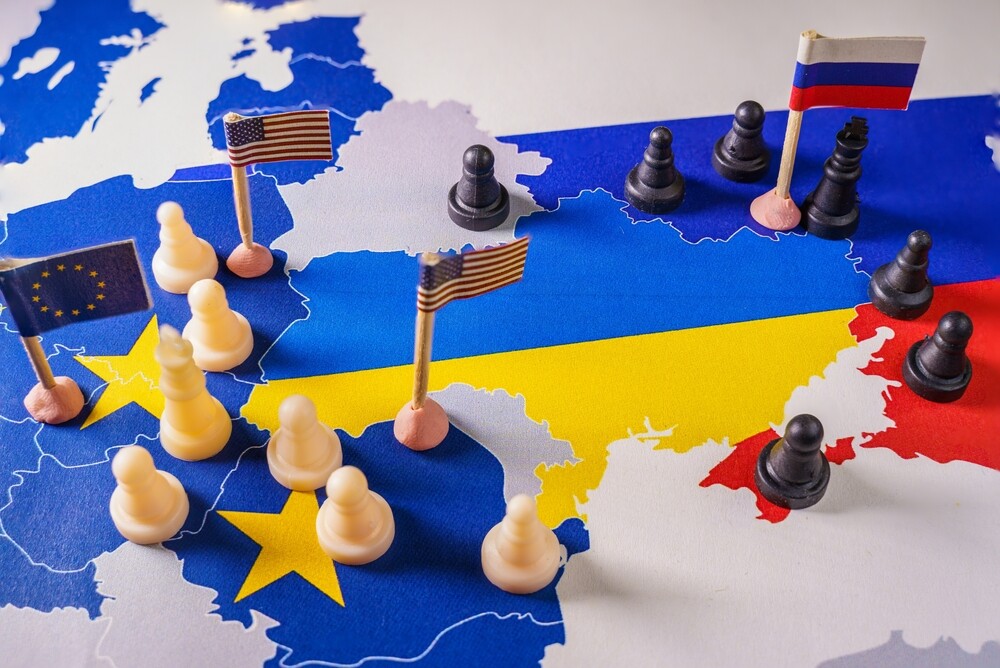A shadow looms over Europe’s eastern flank, and Britain is stepping closer to the edge. Defense Secretary John Healey’s recent remarks signal a willingness to deploy troops to Ukraine if a ceasefire emerges—a bold shift that carries both promise and peril. As Russia intensifies its bombardment, reducing cities to rubble and racking up staggering casualties among its own forces, the war’s toll is undeniable. Yet, the path to peace feels more elusive than ever, and London’s readiness to commit boots on the ground raises questions about resolve, strategy, and the cost of deterrence.
What’s troubling is the timing. Ukraine fights with fierce courage, but the relentless assault on civilians underscores Putin’s desperation—a man who banked on a swift victory and now finds himself mired in a quagmire of his own making. Healey’s coalition of the willing, forged with France and backed by over 200 military planners, aims to bolster Ukraine’s defense and prepare for a fragile peace. The idea of British troops reinforcing a ceasefire isn’t new, but hearing it reaffirmed feels like a quiet escalation. It’s tempting to see this as a necessary stand against aggression, yet the specter of entanglement looms large.
Skepticism is warranted. This isn’t a blank check—troops would come only to solidify a ceasefire, not to wage war. Still, the line between support and involvement blurs easily in a conflict this volatile. Healey sidesteps speculation about Trump’s alleged threats to bomb Moscow, focusing instead on a NATO-led push to pressure Putin toward talks. That restraint makes sense; the U.S. audio’s authenticity is dubious, and Britain’s role hinges on European unity, not American bravado. But unity alone won’t shield against miscalculation if troops are deployed.
The deeper issue is resources. Britain’s defense spending is set to soar, with a record increase funded by redirecting overseas aid—a hard choice that reflects the stakes. Healey dodges tax debates, leaving it to the chancellor, but the principle is clear: the wealthy should bear the brunt of securing the nation. That aligns with Labour’s roots, yet it sidesteps the question of sustainability. Can a nation stretched thin by migration challenges—where 800 small boat arrivals weekly dwarf the planned 800 returns to France—afford to stretch further into Ukraine?
That should be a wake-up call. The Anglo-French summit promises new missile production and jobs, but the small boats crisis exposes a government juggling too many fires. If Britain commits troops, it must be with eyes wide open—not just to reinforce Ukraine, but to ensure its own borders don’t crumble under the strain. This gambit could strengthen a battered ally and deter Putin, or it could overextend a nation already on the brink. The choice is stark, and the outcome will define Britain’s place in this darkening war.
